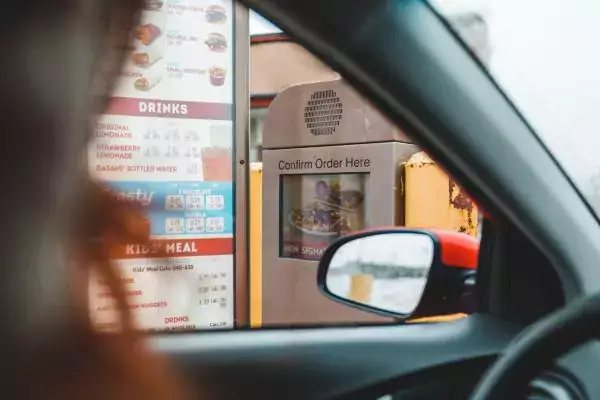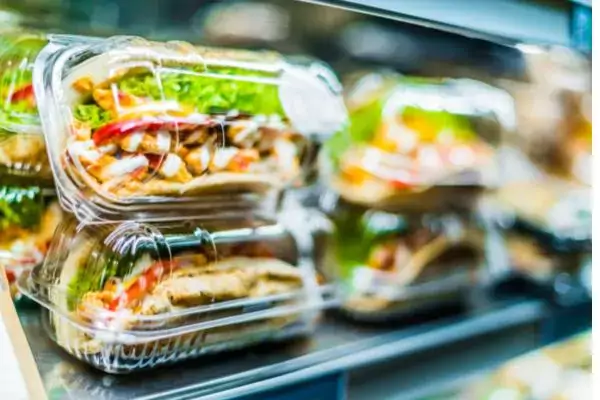The California drought is something that businesses need to take into account. In April, the State of California’s Resource Control Board instated new water use regulations significantly impacting the restaurant industry. The biggest restriction is that customers will no longer be served a glass of water automatically, and will instead have to ask for something that they’ve probably taken for granted.
This rule has proven to be an effective way in the past to regulate water usage, as it follows a general principle that if you don’t put something in front of the customer, then they probably won’t use it. When every drop of water counts, restaurants should self-audit to contribute to the general effort and avoid hefty penalties up to $500.
Other Ways to Regulate Water
Water regulation through consumer rationing isn’t the only way to conserve water. In fact, the water provided to customers is only a small percentage of the water used inside a restaurant. It starts with utilities like the water used for restrooms and landscape, and runs straight to the kitchen, where water is used for defrosting meats, boiling water, and cleaning.
Some California restaurants are finding creative ways to conserve water, like Haven Gastropub in Orange, which installed a “$270 air compressor in its ‘dish pit’ to help dry-rinse plates using air instead of running water.” This is only one example of how water conservation with a little bit of creativity can effectively cut down on usage.
Resolving Water Conservation Problems in Restaurants
While not every restaurant is as forward thinking as Haven Gastropub, restaurant owners and managers industry wide can take more responsibility for water conservation. For instance, a lot of restaurants not in California are used to the automatic refill water rule. As this New York Times article points out, NYC's ban on automatic refills is a rule that’s hard to enforce. Self-auditing is one way that these rules can be enforced, and, as businesses like HavenGastropub has proven, water conservation is an excellent way to set your business apart from the rest of pack.
If water conservation is top-of-mind for your restaurant operations, apply these two tenets of self-auditing:
1. Identify Objectives and Educate Employees
The policy that’s not communicated is the policy that’s not enforced. Get the word out to your managers and follow up with them in the field to make sure employees are being trained on how best to conserve water.
2. Measure Results
If you’ve installed new fixtures or equipment like air compressors are they working? If there is a maintenance issue how will it be reported? You’ll need a system in place to effectively communicating regarding this new equipment, or you risk losing your ROI.
Subscribe to our blog
You are now subscribed!


